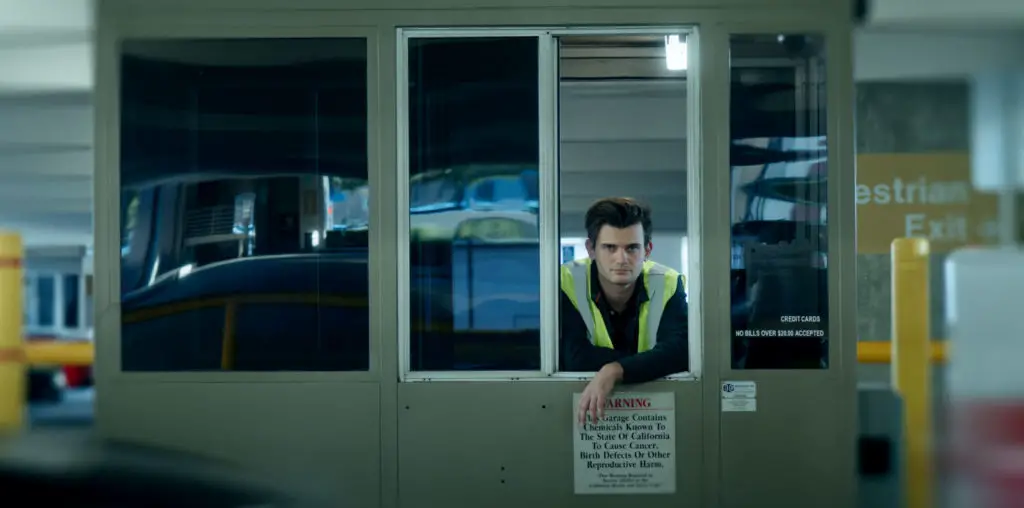
We’ve become a highly suspicious society; one that craves “closure” at almost any cost. As we learn the premise of “Shadows of Doubt” — that accused rapist Vincent Simmons, a black man who steadfastly maintains his innocence, will at last be meeting Karen and Sharon Sanders, the white twin sisters whom he allegedly raped twenty-two years earlier in Marksville, Louisiana — we’re primed for that closure. We wait breathlessly, either for the crack in the story that will spring Simmons from his unjust imprisonment or for the Perry Mason moment that inescapably proves Simmons’ guilt. That neither happens is the most frustrating aspect of Jonathan Stack’s haunting documentary, as well as the most powerful. Stack first introduced the world to Simmons in his 1998 Academy Award-nominated documentary “The Farm: Angola, USA.” One of six inmates featured in the film, viewers and Stack alike were haunted by a harrowing parole board sequence in which the board members blithely refused to consider potentially exonerating evidence about the rape conviction that Simmons had spent years compiling. Stack’s production company then hired private investigator Jimmy Reynolds to re-examine the case. Instead of sharpening the case’s focus, however, each interview with those involved only further muddied the water. And muddied it stays, even as the film heads for its wrenching, mutually unsatisfactory behind-bars encounter between the sisters and Simmons. “Shadows of Doubt” lays out the evidence as best it can. While there is clearly some wriggle room for Simmons, it’s also equally clear that he wasn’t exactly a stellar citizen at the time of the crime. More to the point, the film gives the embattled prosecutors a chance to respond to Simmon’s evidence; responses that are about as limp as Simmons’ alibi but responses regardless. In the end, the film wisely refuses to pass judgment. It’s almost a cliche by now, I suppose, but the most damning indictment the film offers up is directed at our overburdened and at times blatantly racist criminal justice system. The People vs. Vincent Simmons featured a corrupt or markedly lax prosecution that was contemptuous of due process, clashing with an overburdened and largely disinterested defense. In the end, the film fails to prove Simmons’ guilt or innocence. But by shining a harsh light on the system’s shortcomings, it introduces “Shadows of Doubt” not only in this emotional, highly volatile case, but in the system in general.
